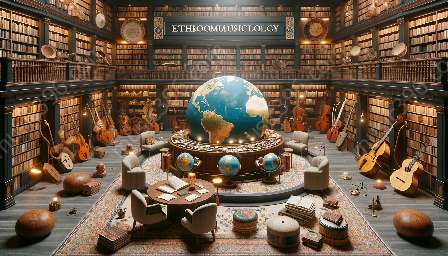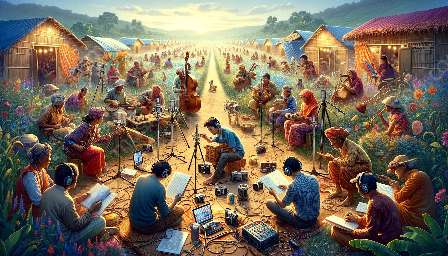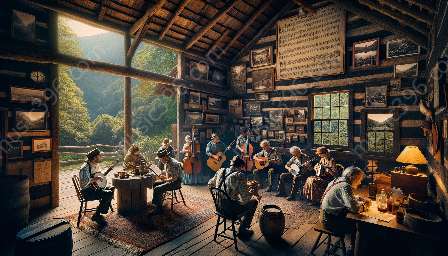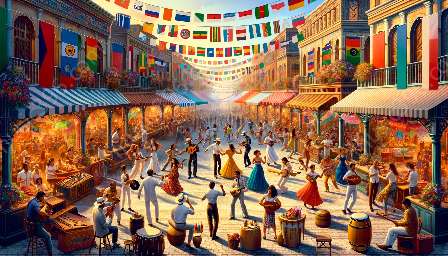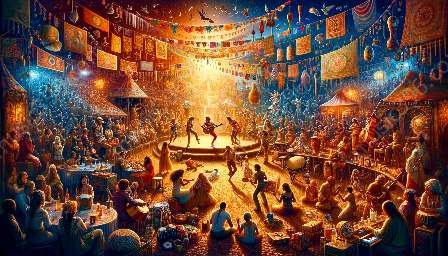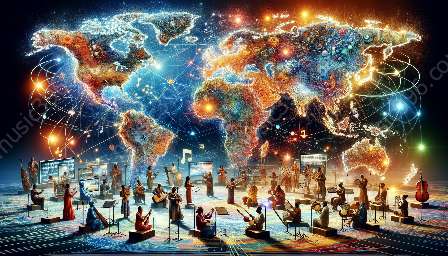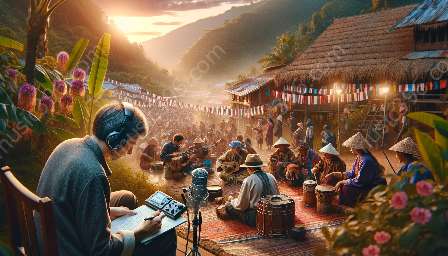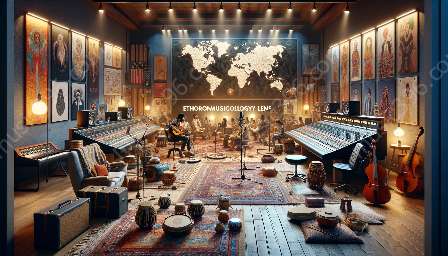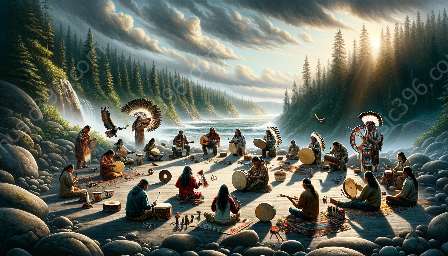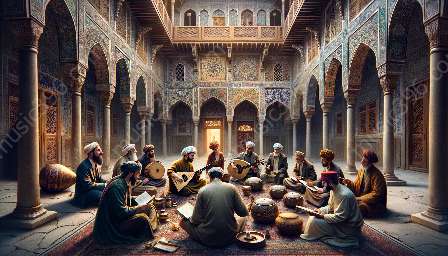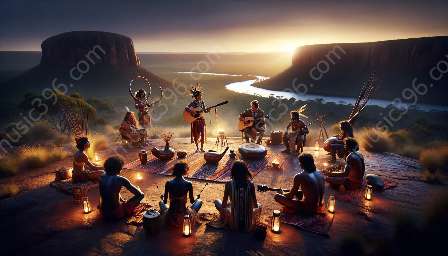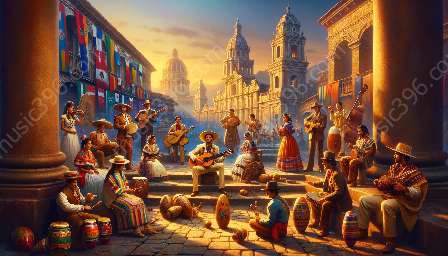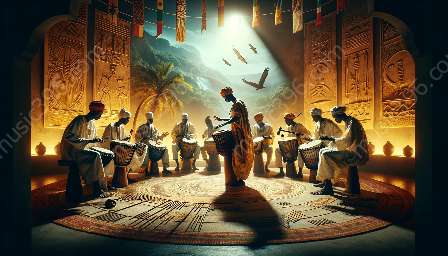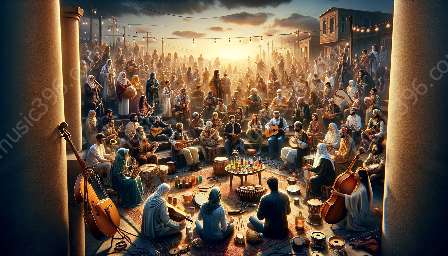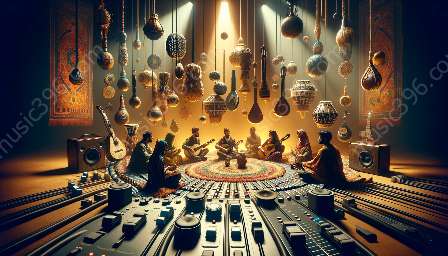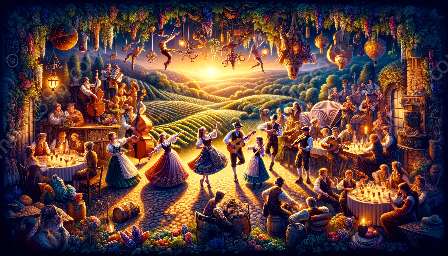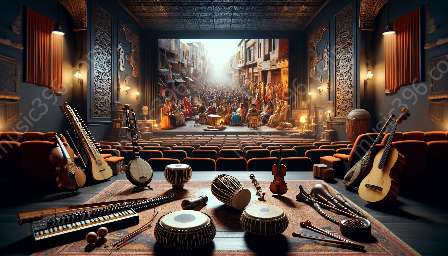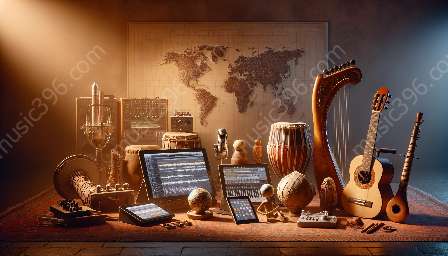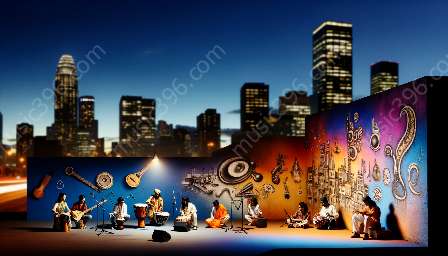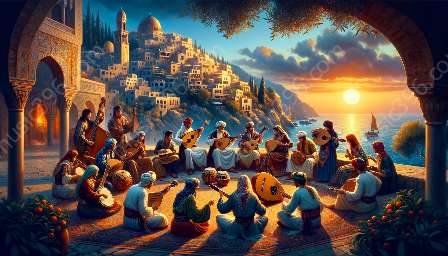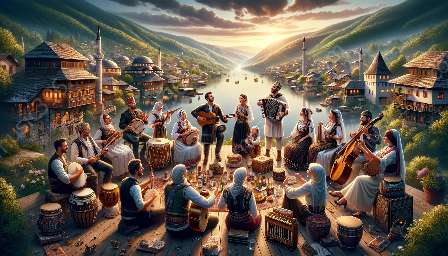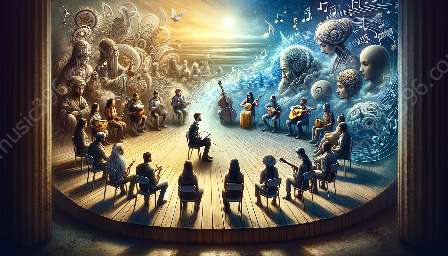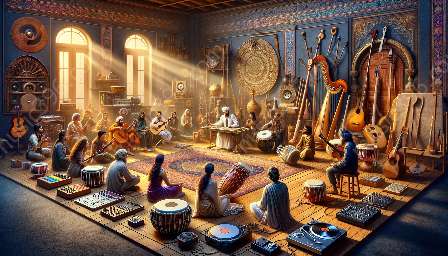Music plays a significant role in how communities celebrate and commemorate events. This topic cluster explores the use of music in various cultural contexts, drawing on insights from ethnomusicology and ethnography.
Understanding Community Practices through Ethnography
Ethnography allows us to delve into the specific customs and practices of different communities, providing a rich understanding of how music is interwoven with their celebrations and commemorations. By immersing in the cultural milieu, ethnomusicologists can gain insights into the significance, symbolism, and functions of music within these contexts.
Music as a Medium of Expression
Music serves as a potent medium for communities to express their communal experiences, emotions, and values during celebrations and commemorations. Through melodic, rhythmic, and lyrical elements, communities convey messages, stories, and historical accounts, enriching the fabric of their cultural heritage.
Traditional Rituals and Ceremonies
In many cultures, music is an integral part of traditional rituals and ceremonies that mark important life events such as births, marriages, and coming-of-age ceremonies. These musical expressions define the identity of the community, reinforcing shared values and perpetuating ancestral traditions.
Regional and Global Influences
Communities often integrate local musical traditions with elements from other regions or even global musical influences. This fusion reflects the dynamic nature of cultural expression and highlights how communities adapt and evolve their musical practices while maintaining connection to their heritage.
Commemorating Historical Events
Music becomes a powerful tool for commemorating historical events such as wars, revolutions, or significant milestones in a community’s history. Through songs, instrumental compositions, and performances, communities pay homage to the past, fostering collective memory and ensuring that important stories are passed down through the generations.
Resilience and Resistance
Music has often served as a vehicle for expressing resilience and resistance in the face of oppression or adversity. Communities use music to commemorate struggles, honor the resilience of their ancestors, and advocate for social justice, creating a platform for solidarity and empowerment.
Heritage Preservation
Ethnomusicologists contribute to the preservation of intangible cultural heritage by documenting and analyzing the music used in community celebrations and commemorations. Through their research, they safeguard traditional musical practices and help communities maintain a connection to their roots.
Engaging with Ethnomusicology
Ethnomusicologists actively engage with communities to understand the role of music in their celebrations and commemorations. By working closely with local musicians, scholars gain valuable insights into the intricate dynamics of musical performance, transmission, and reception within these contexts.
Critical Perspectives
Ethnomusicologists also bring critical perspectives to the forefront, examining power dynamics, representation, and appropriation in the use of music during community celebrations and commemorations. This approach ensures a nuanced understanding of how music functions within diverse social, cultural, and political frameworks.
Conclusion
The use of music in community celebrations and commemorations is a multifaceted phenomenon that merits careful exploration through the lenses of ethnomusicology and ethnography. Understanding the cultural, social, and historical dimensions of music within these contexts enriches our appreciation of the diverse ways in which music serves as a pivotal force in community life.

